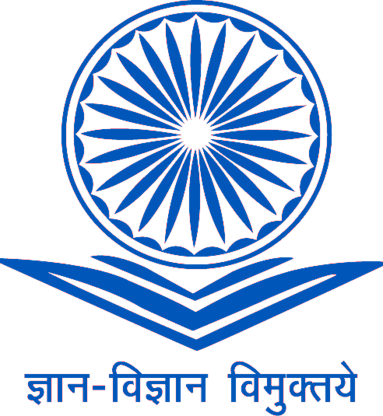Anthropological Perspectives on WASH Intervention in Nepal
Abstract
(This paper sheds light on community people's access to Water, Sanitation, and Hygiene (WASH) facilities in some semi-urban areas of Nepal and analyzes WASHvis-à-vis gender, poverty, and accessibility perspective. This also entails disaster-induced psycho-social trauma among poor and socially disadvantaged communities. The paper has adopted an ethnographic method for data collection and interpreted the data on WASH, Open Defecation Free (ODF) intervention, and disaster accordingly. The study shows that people are aware of the ODF intervention, elimination of Open Defecation (OD) practices from communities, use of safe water, and adoption of proper hand washing with soap. Social sanctions and the local government's administrative measures were enforced against the traditionally held practice of OD and there was coercion on people to build a toilet in their houses. Landless, poor, socially disadvantaged, and disaster-prone people accessed the WASH facilities amid psycho-social difficulties, trauma, and uneven power dynamics resulting from the disaster and such a coercive measure. The field evidence shows that community people did not fully own WASH intervention and complied with the maintenance of the ODF situation in lack of their individual and collective ownership, partnership, and leadership as well as the embodiment of self-realization ofthe proper WASH behaviors.)














